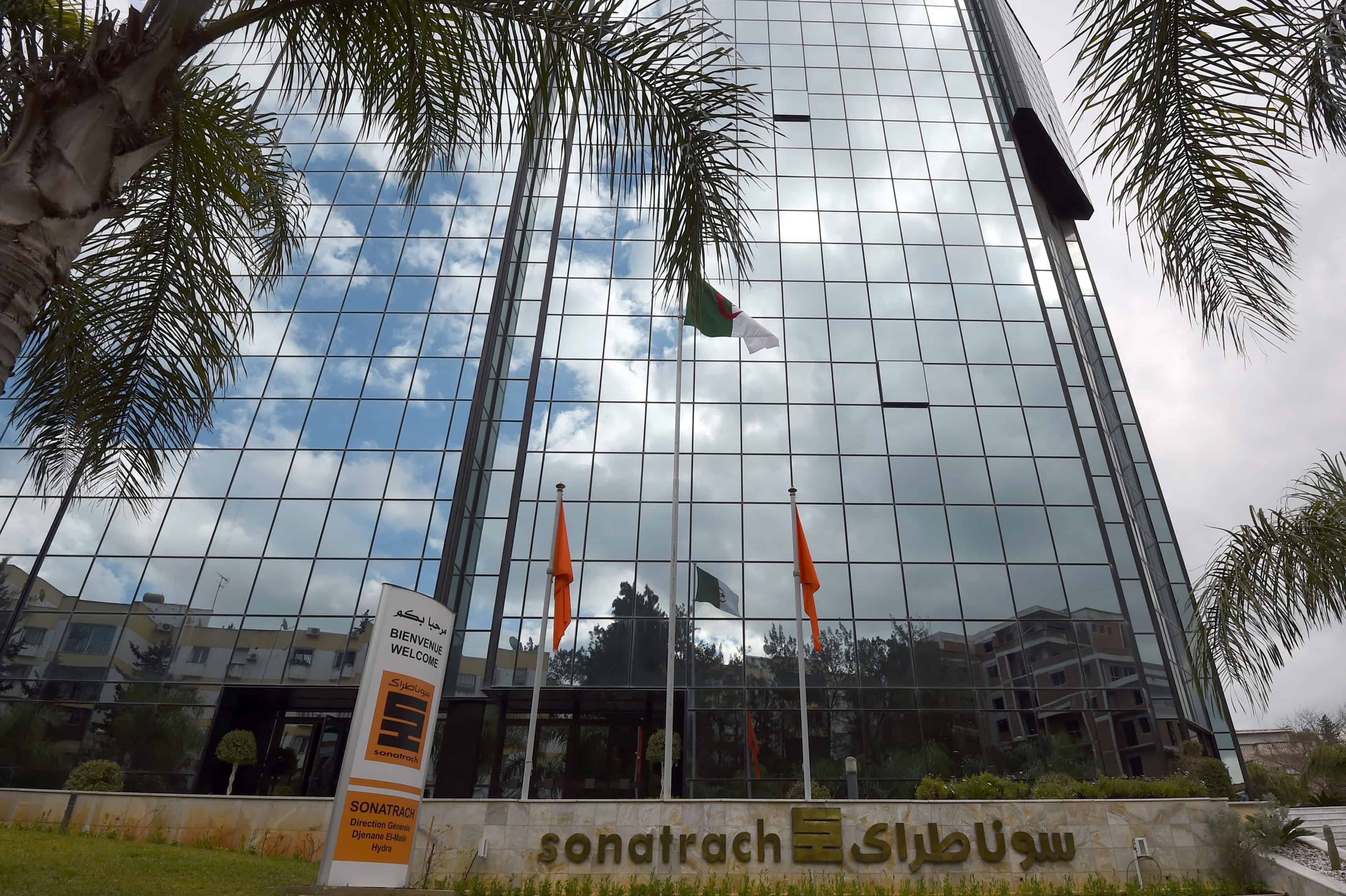Algiers, Algeria — Sonatrach, the state-owned energy company of Algeria, will allocate $8.8 billion investment in 2024, which represents 17.6 percent of the total Algerian investment portfolio of $50 billion for the next four years (2024-28).
The company’s CEO, Rachid Hachichi, told QNA that majority of the allocated funds (71 percent) will be directed towards gas exploration and production activities. While the primary focus is on gas, Sonatrach also plans to dedicate a portion of its investments to refining and petrochemical sector (18 percent), liquefaction and separation sector (5 percent) and pipeline transportation sector (4 percent).
This reflects Sonatrach’s commitment to meet the rising demand for gas, particularly in Europe. Notably, pipeline gas exports to Europe reached 35 billion cubic meters in 2023, and the company plans to further increase its gas production capacity to supply additional quantities both domestically and globally.
LNG potential and global markets
Hachichi emphasized Algeria’s substantial capabilities in Liquefied Natural Gas (LNG) production, reaching 56 million cubic meters annually. This allows Sonatrach to supply customers across the Mediterranean Basin, Western and Northern Europe, and even Asia, depending on operational and commercial factors. The company currently operates a fleet of 7 LNG carriers to facilitate these operations.
Production capacity and sustainability efforts
Sonatrach boasts a combined annual production capacity of 136 billion cubic meters of natural gas, 29 million cubic meters of LNG, 9.4 million tons of liquefied petroleum gas (LPG), and 8.3 million tons of condensed gas. Additionally, the company prioritizes sustainability efforts, focusing on reducing its carbon footprint. This includes implementing measures to minimize gas burning and setting emission reduction targets.
Competition and the future of gas
Acknowledging the globalized nature of the natural gas market, particularly for LNG, Hachichi highlighted the increasing competition among gas-producing countries vying for European markets. He believes gas will play a crucial role in the energy transition and advocates for its continued importance.

